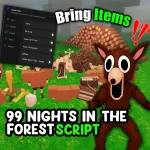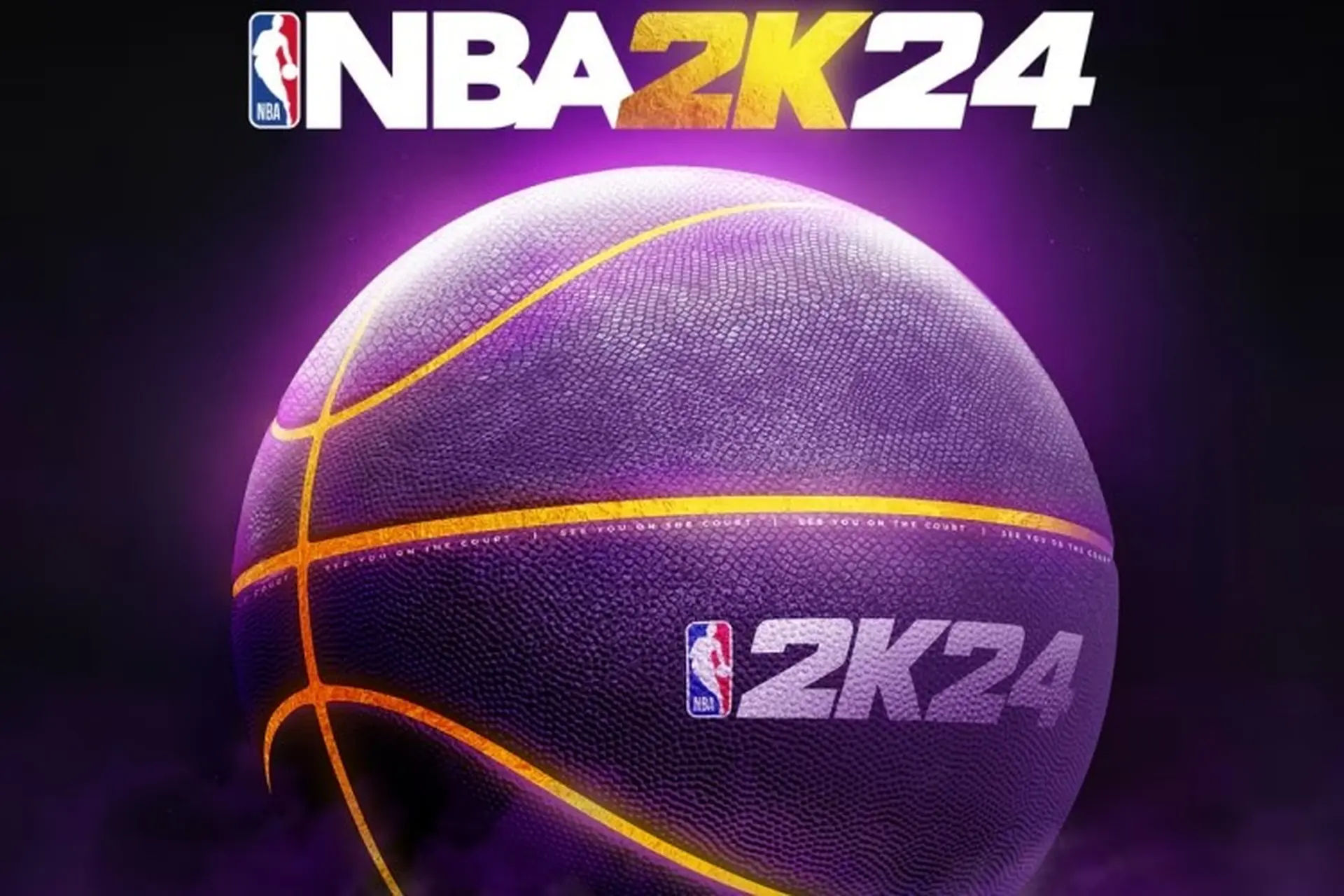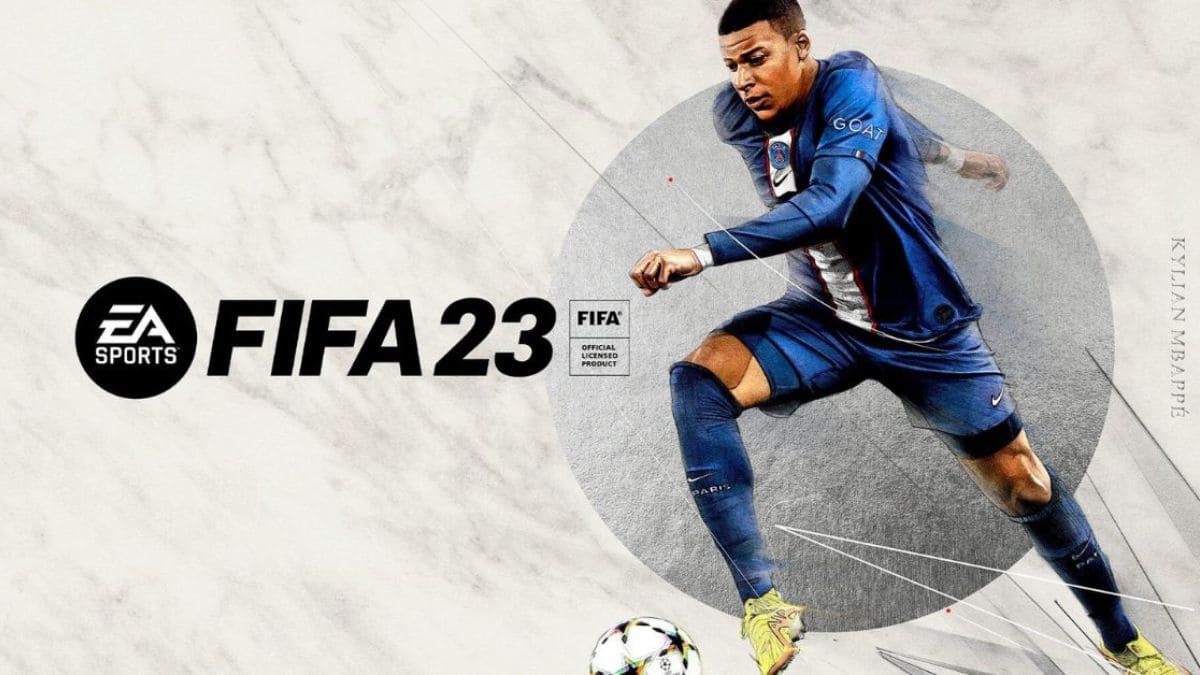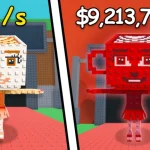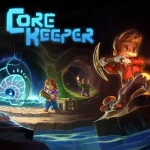Popular Now
Introduction
Toca Boca World is celebrated for its open-ended, sandbox-style gameplay. It doesn’t tell you what to do, how to do it, or when. Players are free to create their own stories, decorate environments, and interact with a colorful world full of quirky characters. While this freedom is empowering, it can also be exhausting. Without any structure, goals, or progression systems, players often find themselves wondering: “What now?” In this article, we’ll explore how the lack of progression in Toca Boca World contributes to creative fatigue, reduces replayability, and leaves even the most imaginative players burnt out.
1. The Beauty and Burden of Total Freedom
Toca Boca World gives players total control. There are no objectives, no time limits, and no fail conditions. This is especially appealing to younger children, who prefer to explore and roleplay without pressure.
However, as players grow or invest more time into the game, this freedom starts to feel aimless. Without any form of progression, unlocking, or achievement tracking, many players lose their sense of purpose. The game becomes a blank canvas that doesn’t respond to their effort.
Creativity thrives with some constraints. When everything is unlocked or available without effort, players may lack motivation to keep playing.
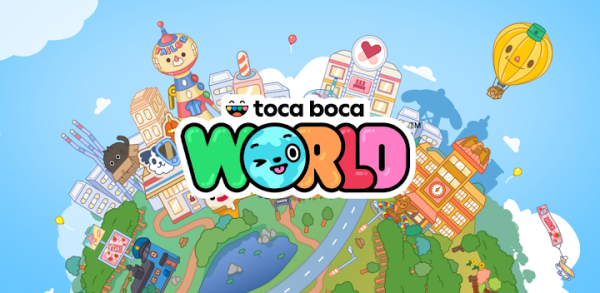
2. Repetitive Roleplay Loops
Most players spend their time in Toca Boca World crafting stories—family life, school routines, city adventures, or fantasy scenarios. These are engaging at first but quickly become repetitive when there’s no evolution or consequence.
Once a player creates a family, decorates a home, and plays out a few daily scenes, the loop repeats. There's no memory system to track what happened yesterday. Characters don’t change, grow, or respond to player decisions.
Without systems to reflect progress—like career advancement, relationship building, or goal-setting—every play session feels like a reset.
3. No Sense of Accomplishment or Reward
Games don’t need points or levels to be meaningful, but players often enjoy being rewarded for their time and creativity. In Toca Boca World, no matter how much effort you put into designing a home, creating outfits, or building a storyline, there’s no in-game recognition.
There are no trophies, badges, or unlockable story elements based on what you’ve achieved. The game doesn’t encourage you to explore new paths or improve your world—it simply resets each time you log in.
This lack of acknowledgment can lead to disinterest. When the game doesn’t respond to your input, it’s easy to feel like your time doesn’t matter.
4. Limited Progression in Decor and Customization
Toca Boca offers a wide variety of décor items, clothes, and characters—most of them via paid packs. However, there’s no system of gradual progression or crafting. All items appear in the game fully formed, often from the start of a pack’s installation.
Imagine if players could unlock decorations over time, or craft custom items using collected materials. That would introduce a sense of ownership and progress, without changing the core creative spirit.
As it stands, every new item appears instantly, leading to short bursts of excitement followed by rapid loss of interest.
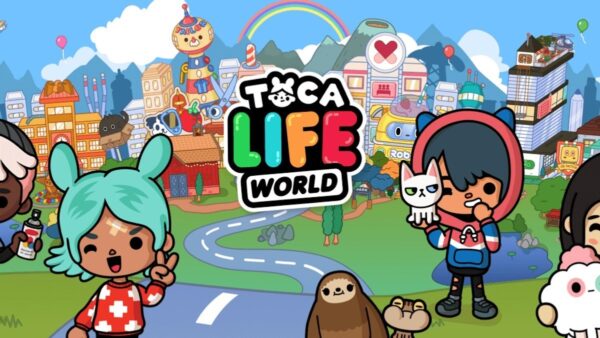
5. Players Create Their Own Challenges—But It’s Not Enough
To keep things fresh, the community has started creating its own challenges. YouTubers and TikTokers post ideas like:
-
“No Furniture Challenge”
-
“Makeover This Room Using Only Free Items”
-
“Story Time: Hospital Drama”
While these self-imposed challenges show creativity, they also highlight the lack of built-in game modes. Players are forced to invent rules because the game provides none.
Eventually, many players grow tired of manufacturing fun and seek other games that offer structured content or interactive challenges.
6. Comparisons with Games That Balance Freedom and Structure
Other sandbox-style games like The Sims, Minecraft, and Animal Crossing offer lessons in balancing open play with progression.
-
The Sims allows free play but includes aspirations, careers, and milestones that evolve with the characters.
-
Minecraft is a creative sandbox, but it also offers survival mode, crafting progression, and achievements.
-
Animal Crossing is highly relaxing, but features daily tasks, seasonal events, and relationship building.
These games show that structure doesn’t restrict creativity—it enhances it by giving players goals to work toward.
7. Younger Players Lose Interest Quickly
One of the biggest groups affected by the lack of progression is Toca Boca’s younger audience. Children often need more structured engagement to remain focused. In educational environments, children thrive when given tasks, rewards, and milestones.
Without any in-game incentives or feedback, many young players cycle out of Toca Boca World after a few days or weeks. This is especially true for those who don’t purchase additional packs, which offer short-term novelty but no long-term progression.
Even a simple sticker collection, journal, or memory book could extend attention spans and deepen engagement.
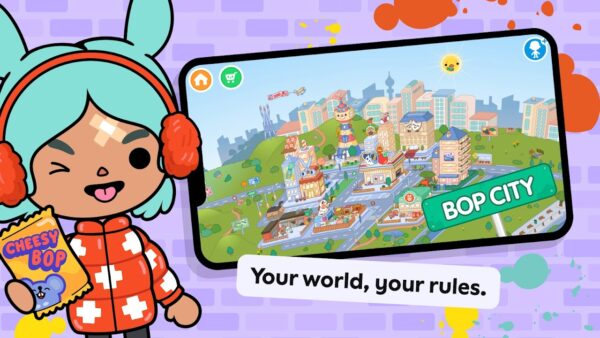
8. Missed Educational Opportunities
Toca Boca World has been used by teachers and therapists for roleplay-based learning. But without any progression or structured interaction, the educational value is limited.
The game could teach responsibility, emotional development, or social dynamics through:
-
Daily missions (e.g., feed pets, clean the house)
-
Story arcs (e.g., character goes to school, learns skills)
-
Relationship progress (e.g., making friends or forming a family)
Instead, everything remains static. There’s no cause and effect, no learning loop—just endless resetting and acting.
9. Community Requests for Quests and Milestones
Toca Boca’s fanbase has repeatedly asked for more structured gameplay. On forums and comment sections, players request:
-
Task systems with light objectives
-
Achievement badges for exploration or creativity
-
Unlockable locations through story completion
-
A way to “save progress” in stories
Some players even suggest adding “story packs” where you unlock scenes or dialogue based on choices. These wouldn’t need to be complicated, just enough to create a sense of flow and progress.
So far, the developers have avoided adding such features, possibly out of fear it would break the sandbox model. But the community is clearly hungry for more.
10. How Progression Could Be Implemented Without Losing the Game’s Essence
Toca Boca World doesn’t need to become a mission-based game. It can keep its relaxed, creative nature while still introducing progression systems that feel organic and optional.
Some ideas that would retain the spirit of the game while adding depth include:
-
A memory system that tracks your character’s journey
-
Optional daily tasks with small rewards
-
A “scrapbook” that fills up as you explore or decorate
-
Room achievements (e.g., “Completed Kitchen”, “Decorated Living Room”)
These light forms of progression wouldn’t restrict creativity—they’d celebrate it.
Conclusion
Toca Boca World was built on a foundation of freedom, and that freedom is part of its magic. But without any sense of progression or in-game acknowledgment, even the most imaginative players can burn out. Structured systems—if implemented thoughtfully—would provide players with new reasons to return, explore, and grow. They wouldn’t limit creativity; they would nurture it. If Toca Boca wants to keep its world alive and engaging, it’s time to give players more than just tools—it’s time to give them a journey.


